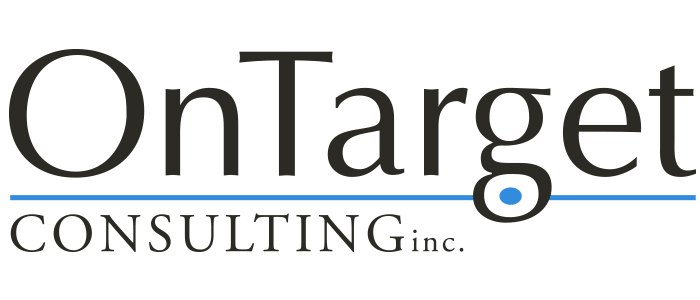Question Your Success
Don’t be afraid of the answers. Be afraid of not asking the questions. - Jennifer Hudson
When my son Jimmy was in the throes of his battle with brain cancer, there was one question I couldn’t get the doctors to focus on – “why is Jimmy doing so much better than just about every other kid with recurrent medulloblastoma?”
Although rare, medulloblastoma is the most common type of pediatric brain cancer with approximately 250-300 children diagnosed each year (in contrast, approximately 23,000 people are diagnosed every year with glioblastoma, the most common form of adult brain cancer). Of these, less than 100 will have a recurrence of their cancer in the first five years. But when medullo returns, it’s an aggressive, almost always fatal disease, and many of the kids who suffer a recurrence are dead within six months to a year.
Jimmy was different. Although he did ultimately die from the disease, he lived six years after his initial recurrence, and for four of those years, his cancer was small and grew relatively slowly.
I wanted to know why. Why was Jimmy doing so well? Why was he a “data set of one”, as his pediatric neuro-oncologist liked to say? My hope was that the answer could help us figure out how to extend his life or possibly even cure him. The challenge his doctor and I faced was that the cost of determining the answer to this question was prohibitive, given the small population of kids with slow-growing medullo. But there was also another, more common, problem – we don’t spend enough (or sometimes any) time questioning our successes.
When something goes well, we often fail to ask ‘why?’ We assume it was our spectacular strategy, our talented team, our ability to outmaneuver the competition, our terrific product or our compelling customer service. We bask in the glory of our victory and expect the success to continue. Only when it doesn’t, do we ask why. As Roger Lowenstein said, “there’s nothing like success to blind one to the possibility of failure.”
The Internet is full of articles about how to learn from failure. Yet there’s so much to be learned from success. When we’re analyzing our successes, we’re examining what worked well, what we want to replicate. We’re building on strengths and finding ways to capitalize on them. We’re discovering what we did differently or more effectively than our competition. In other words, while failure teaches us what not to do or what to do less of, success teaches us what to do more of.
So the next time something goes well in your career or for your organization, after you’ve celebrated, make time to question and learn all you can from what worked so that you can replicate and build on that success in the future.
© Margo Fowkes, 2020. All rights reserved.

